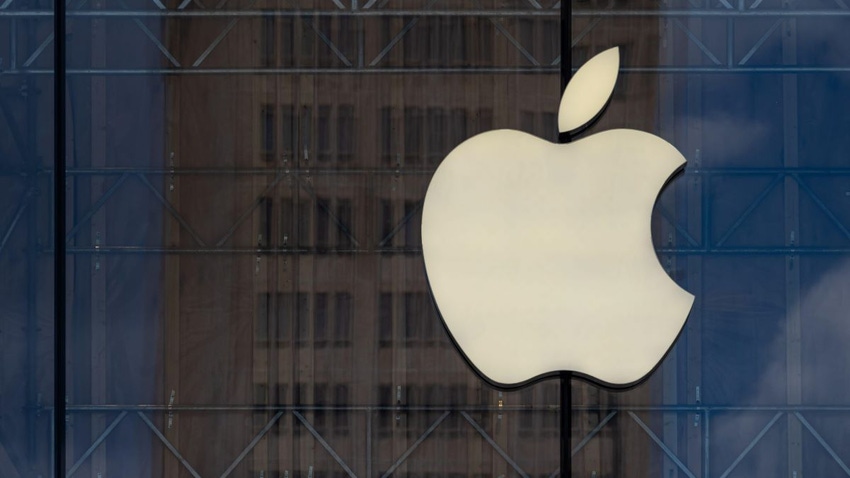Apple adds Mira to its growing roster of technologies that combine to enhance, produce and display AR/VR content.

Apple's new reality is already expanding.
Apple has acquired Mira, a Los Angeles augmented reality startup that makes headsets for other companies and the US military. The Verge broke the story, and Reuters and dozens of other outlets soon followed it.
The Verge sourced its info from a "private" post made by Mira CEO Ben Taft and the news site said Apple confirmed the purchase. [Ed note: We love that it was a Meta platform giving up Mr. Taft's privately-shared details. CEOs: They're just like us.]
No price or deal details were revealed, but The Verge did note that Mira has customers. "Mira's military contracts include a small agreement with the US Air Force and a $702,351 agreement with the Navy, according to government records and press releases," the outlet reported.
Earlier this week, Apple announced its upcoming Vision Pro AR/VR headset at its Worldwide Developers Conference (WWDC) event. The new computing platform is aimed at both consumers and business users, offering standalone functionality and the ability to act as a new UI for Macs, Apple TVs and other devices.
Like its other new products in the last 20 years, Apple is due to launch the Vision Pro with a complete supporting ecosystem – hardware, an operating system, numerous software applications, an active developer community and dozens of related supporting services, including banking and purchase financing.
This isn't Apple's first purchase of a startup for specific AR/VR market expertise. "Over the past decade, Apple has also accumulated invaluable XR knowhow through internal R&D and acquisitions of nearly ten known AR/VR companies – including Metaio (AR), SensoMotoric Instruments (eye-tracking), Vrvana (AR), and NextVR (VR)," wrote George Jijiashvili, senior principal analyst, games, at Omdia in a commentary published this week.
Besides those firms, Omdia's Jijiashvili said Apple bought AR company Flyby Media in 2016 and lens maker Akonia Holographics in 2018. In 2020, the company picked up Spaces, a VR company, and Camerai, an AR startup.
Bit pipes and broken dreams
The telco impact of all of this is minimal at the moment, even though several telcos were very vocal about making some moves into the metaverse, Facebook's version of spacial computing that was widely discussed a couple of years ago.
Like most new technologies, telcos will be relegated to providing the necessary connectivity for spatial computing to work and for the metaverse to exist. But we've already taken that for granted. As Mike Dano wrote about 5G and the metaverse in 2021, "network operators themselves will be left to fight over which one offers the cheapest night and weekend calling minutes, er, unlimited data options, er, virtual reality service plans."
Related stories and posts:
— Phil Harvey, Editor-in-Chief, Light Reading
Like what we have to say? Click here to sign up to our daily newsletter
One of America's most loved telecoms get-togethers, The BIG 5G Event, will be returning to Austin in 2023 to host 1,500+ telecom, cloud and technology professionals — and we want you to be a part of it!
For three days, you can meet and network with leaders from every part of the North American 5G ecosystem and hear from over 150 speakers on the hottest industry topics. To apply for your complimentary pass to the event, visit this link.
About the Author(s)
You May Also Like











